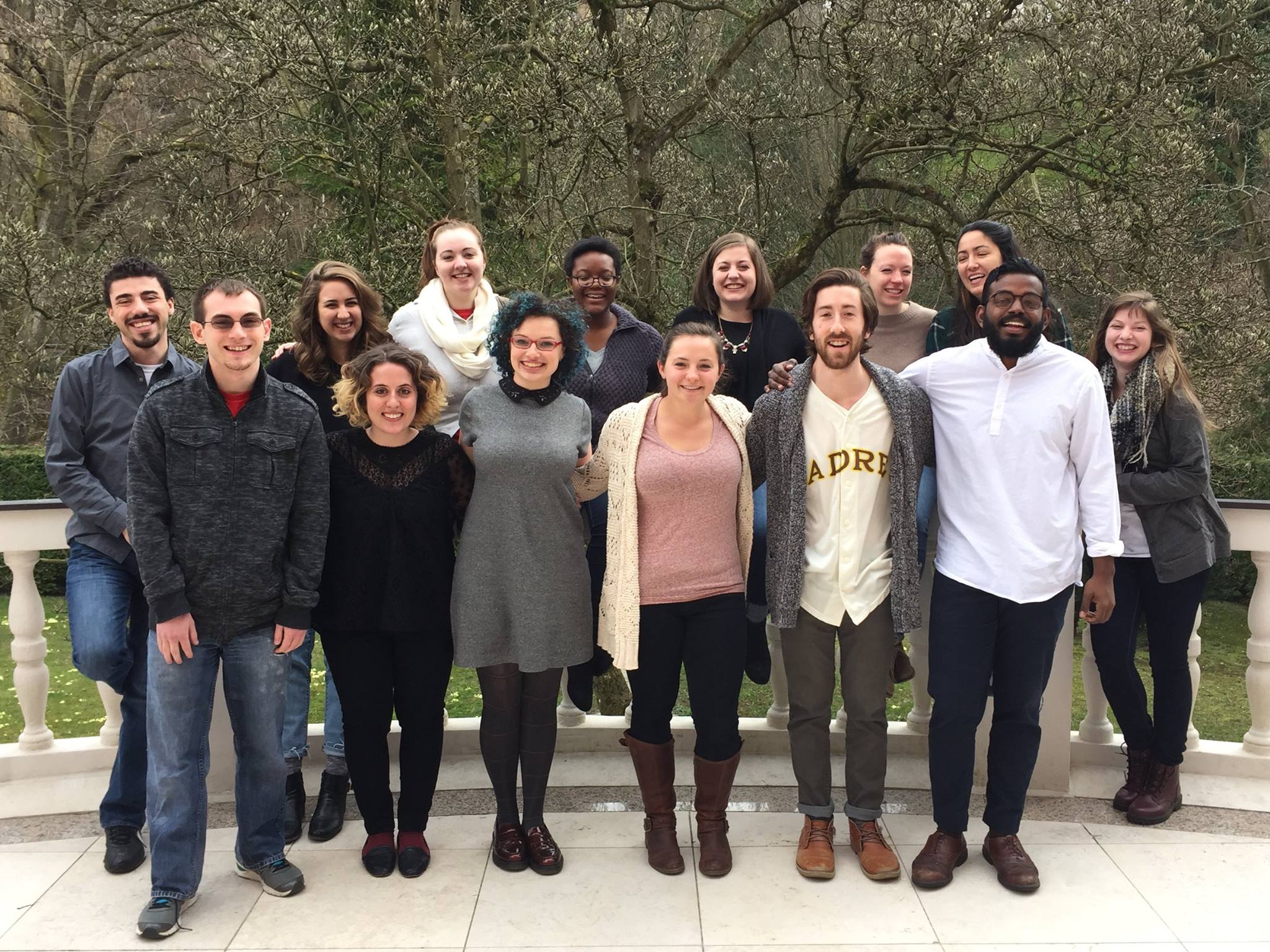As of last week, The Balkans Semester for the Study of War and Peace boasts 72 alumni. Our hope is that the semester has challenged the personal and professional directory of these students toward the life of peace, whatever context they may find themselves in. As a program focused on both academic and practical rigor, we are particularly interested in how our students have carried forth the passion that was encouraged while with our program.
These students have spread out across the globe from Bangladesh to the halls of grad schools, affecting peace in their varied lives and work. Our desire is that in the lives of our alumni, peacemaking continues beyond the theoretical and into the practical and vocational. Of course, this practical application will manifest itself differently in light of each individual’s passion, and the scope is not limited solely to career. In order to gain some insight into the lives of our alumni, we recently caught up with two alumni to learn about how they are applying what they learned while with us.
Sarah Cox, Spring 2015
Sarah Cox participated in the Balkans Semester during the Spring of her junior year. Before joining our semester, her interest was piqued by the program’s ability to provide credit for her Political Science degree, the program’s central topic of peacemaking, and the opportunity to study peace and conflict in a new context; she left the semester having gained much more than credit and new experiences. In classes, community, and her experiences here, Sarah witnessed firsthand, for the first time, that her “Christian desire for wholeness and redemption intersected with my interest in politics...The thinking of relational questions and also political questions at the same time was interesting to me.”
In particular, Sarah’s visit to Srebrenica influenced her thoughts about the role of the Church in suffering and restoration. Upon returning home after the semester, she found “people were quite surprised and uninterested in suffering...It made me think on a deeper level about what it means to be a Christian and to live in community with someone and that it actually involves quite a lot of sitting in pain and suffering.” The Christian faith is full of unrealized potential and resources that would be invaluable to peacemaking; one avenue to realizing this potential, in Sarah’s eyes, is to focus more on empathy and a proper response to suffering. This realization led to gain a masters in Conflict Resolution in London and to her current work with Mennonite Central Committee (MCC) in Ukraine, where she is resourcing person for peace-building projects, connecting peace-building partners with appropriate opportunities for further training and education.
“People were quite surprised and uninterested in suffering... It made me think on a deeper level about what it means to be a Christian and to live in community with someone and that it actually involves quite a lot of sitting in pain and suffering”
Sarah on the Balkans Semester
Sarah in her current role in Ukraine
Sarah sees her Christian desire for wholeness practically applied through politics “as a way of loving my neighbor, and as a way to pursue justice.” Politics has the power to change unjust power dynamics and to right wrongs, but also to prevent conflict. Through her studies with our center and her current work, Sarah has come to the conclusion that “creating just political structures allows space for non-violent communication.” In her opinion, “the unique part about the Balkans Semester is that it introduces you to a different level of human experience and interaction that isn’t normal for the regular western person...So if someone is looking to really step outside of their comfort zone to learn more about the human experience as a whole...this semester offers something else.”
Austin Doehler, Fall 2015
Similarly to Sarah, Austin Doehler found the Balkans Semester to be a merging point of theory and praxis. Austin witnessed this crossroads primarily through the internship component of our semester. His 3-month internship was with GONG, a government watchdog based here in Zagreb. The internship allowed him “to do a lot of hands-on work on democracy and civic-society promotion,” which gave Austin a vocational and career target that corresponds to “what GONG does, more or less...as it was honestly the best experience I’ve had to date.”
Semester classes and travel also provided a foundation for understanding peace. “All the classes were incredible...we got to see what the rest of the region is like, and the various political narratives and identities that are at play.” These tangible case-studies, discussed both in and out of the classroom, allowed Austin to reflect deeply on the effects of political identity and nationalism, which had previously been only nascent interests. In Austin’s words, “I was able to focus my interests, and it gave me a more concrete purpose for studying. If not for the semester, these might remain just academic interests; but the semester has given me a concrete policy context to apply my studies--that’s really what I want now: a concrete policy career.”
Austin’s next step toward a concrete policy career has led him to George Washington University in D.C., where he is working on his masters in International Affairs with a concentration in Europe/Eurasia. This summer, he is studying Serbo-Croatian at Indiana University on a scholarship.
Austin in Zagreb with his cohort
“If not for the semester, these might remain just academic interests; but the semester has given me a concrete policy context to apply my studies—that’s really what I want now: a concrete policy career”
When asked about his favorite moments of the semester (beyond what’s already been mentioned), Austin was quick to identify our guest lecturer Marko Pogacar (a local poet whose work has been translated into several languages) as well as travel to Sarajevo. Having Marko in the classroom for a week of guest lectures “created an added layer of context, and a very different perspective...we got to ask him, ‘this line here, what did you mean by that?’...the class provided a different richness, to actually hear firsthand from those who wrote the material we studied.”
We are proud of how Austin and Sarah have continued their work begun during the Balkans Semester. Although they are now working in different avenues and in different corners of the world, the questions, insights, and experiences from the Balkans have spurred them on in vocation. These two are just a piece of the broader network of alumni who are all affecting change in their respective contexts. We look forward with anticipation for the future students who will also grow in the walls of our classroom to gain a fuller picture of the life of a peacemaker; and as Austin quipped, alumni may likely be jealous of the great experience they know that those students will be enjoying!






